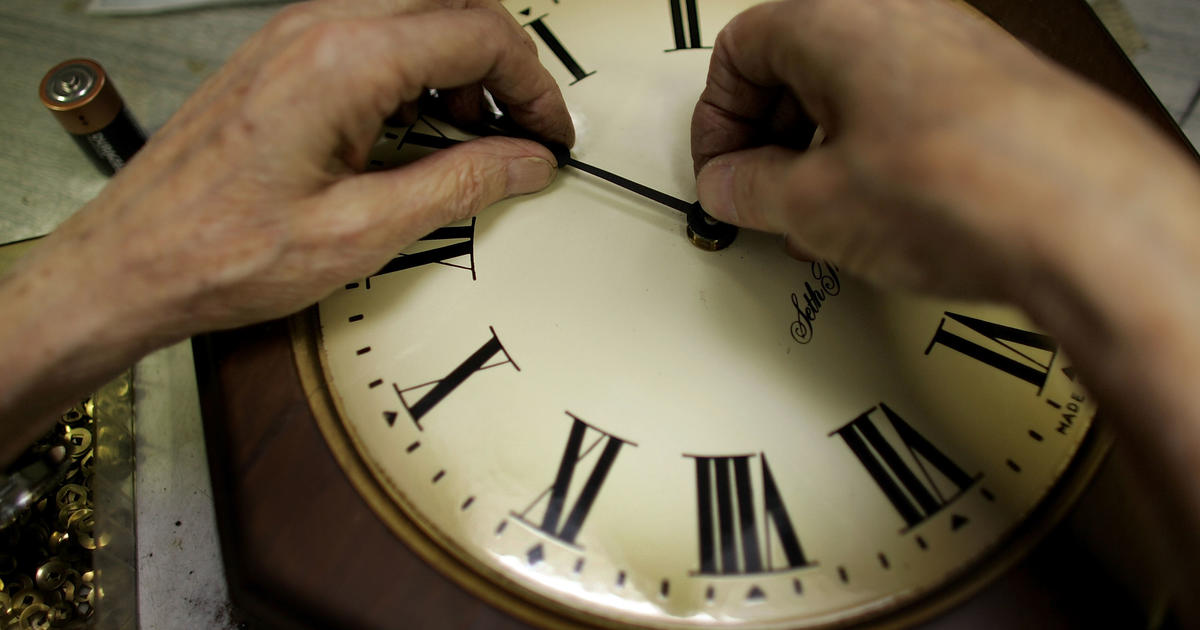
Could permanent daylight saving time help "jump-start" the economy?
CBSN
Lawmakers on both sides of the aisle are getting behind a bill that would impact every resident in the U.S.: A permanent switch to daylight saving time beginning in November 2023. Aside from avoiding the nuisance — and sleep deprivation — of changing clocks twice a year, the effort could give the economy a boost, lawmakers say.
The Sunshine Protection Act should boost consumer spending and shift energy consumption by giving Americans an extra hour of sunlight at the end of the workday, the lawmakers said in a release about the bill. Passage of the bill could "jump-start" the economy and effectively act as a "stimulus package all on its own," wrote Sam Lyman, policy director of the Orrin G. Hatch Foundation, in an op-ed in The Hill.
But the economic benefits of year-round DST may be murkier than its supporters suggest, according to PNC economist Kurt Rankin, who looked into studies about time shifts and their impact on the economy. First off, there's not much available research on the issue, at least when compared with other aspects of the economy such as wages or inflation. And the existing research is limited in scope, raising questions about what the national economic impact would be.





















 Run 3 Space | Play Space Running Game
Run 3 Space | Play Space Running Game Traffic Jam 3D | Online Racing Game
Traffic Jam 3D | Online Racing Game Duck Hunt | Play Old Classic Game
Duck Hunt | Play Old Classic Game